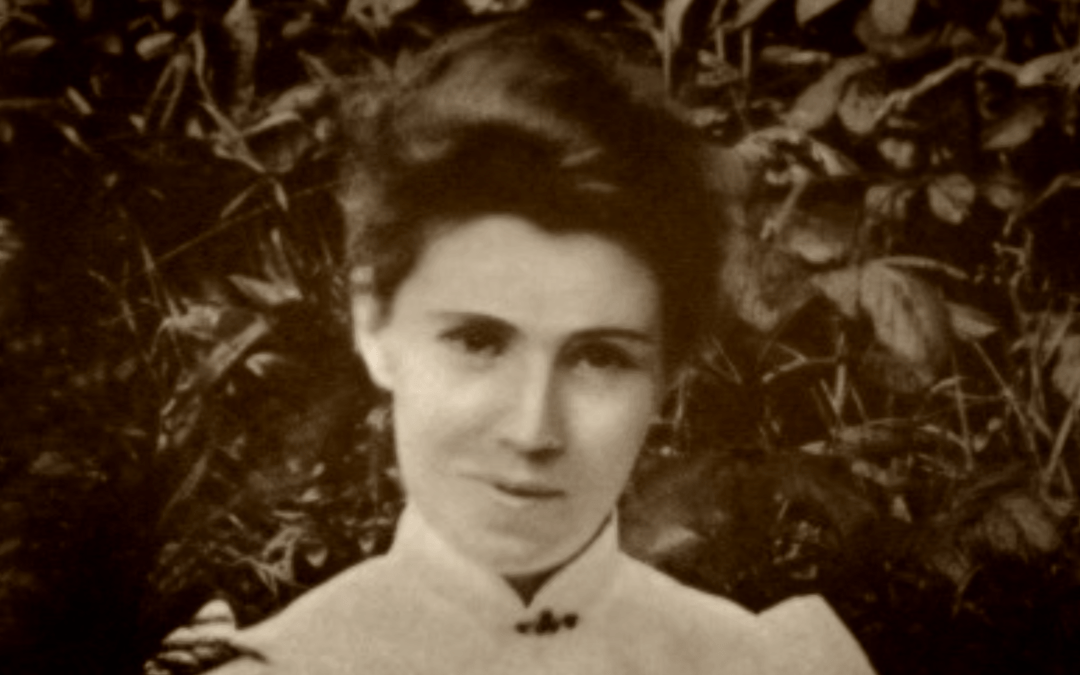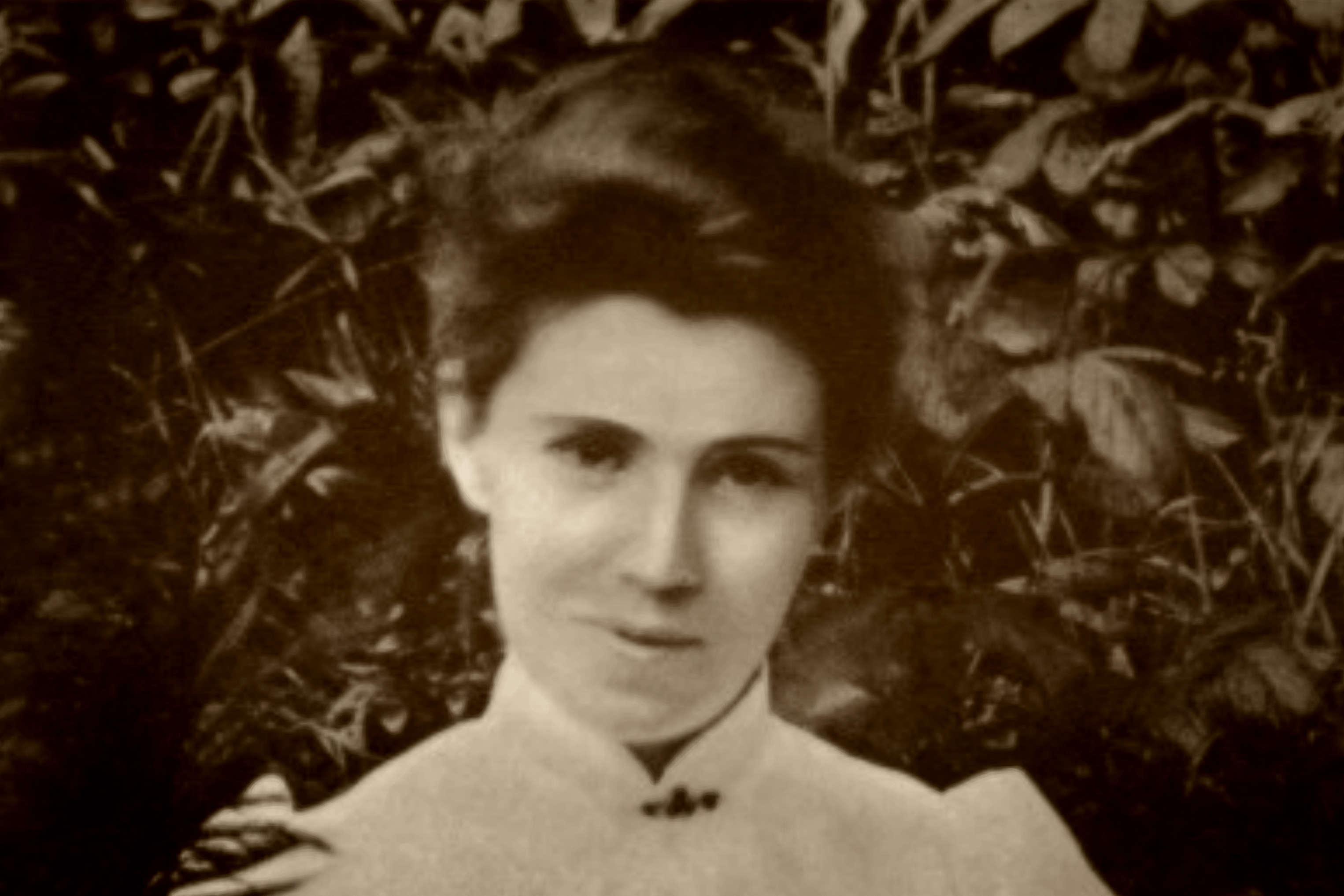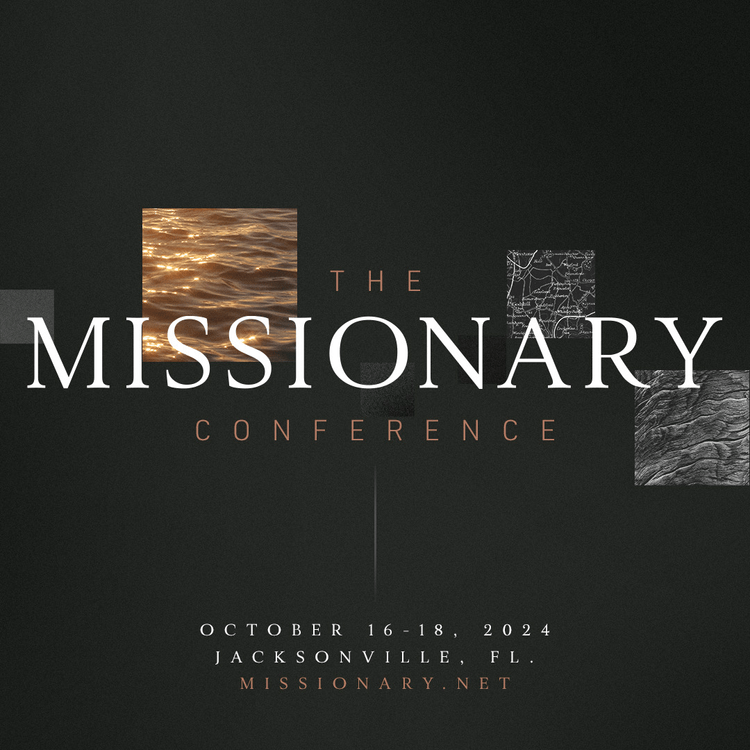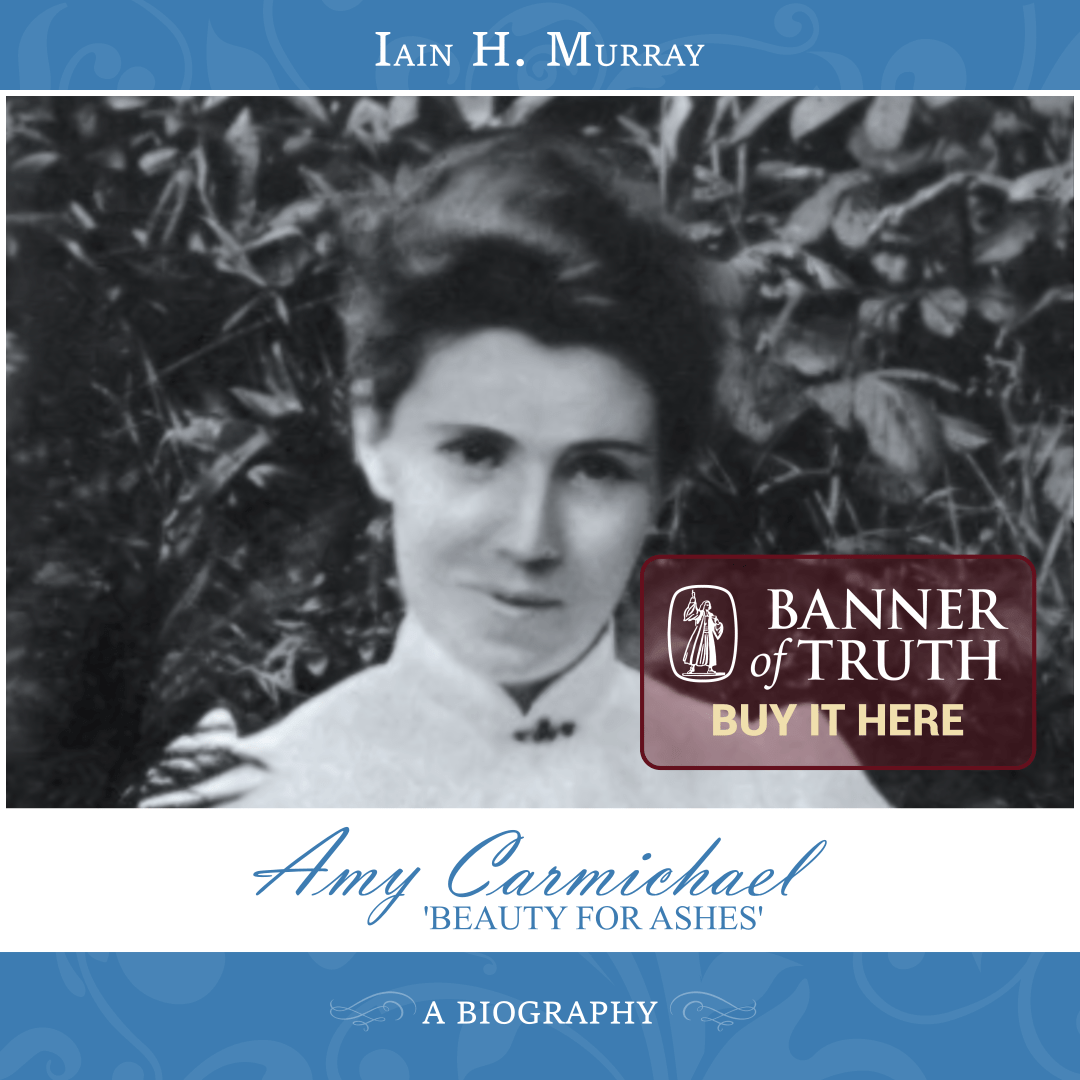Some years ago, Elisabeth Elliot made this striking comment about the impact of Amy Carmichael’s life on her own life: “She showed me the shape of godliness.” It is a very striking phrase, is it not? What was this “shape of godliness” that so impacted and influenced Elisabeth Elliot’s life?
It is clear from the Bible that godliness does have a “shape.” In Romans 6:17, Paul writes of believers becoming obedient from the heart “to the standard of teaching” to which they had been committed. The word “standard” could better be translated “shape” or even “style.” God’s revealed truth, his written and enduring word, has Spirit-wrought power, and that power comes to mould us into the likeness of our Saviour. Amy Carmichael’s life had been moulded, shaped and styled, by the power of the Word. What was the shape of her devoted-to-Christ life?
First, Amy’s life was shaped by her love to Jesus Christ. In his excellent, if brief, biography of her life, Iain Murray writes, “Closer attachment to Christ is the great message of Amy Carmichael’s writings” (138). Love to the Saviour is the first and greatest grace that any would-be missionary must have and show in their lives. Nothing will more sustain a soldier of the cross than love to the Captain of our salvation. Amor vincit omnia,loves conquers all. Of course, absolute trust in the Word of God, and absolute dependence on the grace of God are indispensable. But it is love to Christ that will sustain a weary, struggling foot soldier in the heat of the battle. This is why Jesus asked Peter as he restored him to a life of usefulness in his service, “Do you love me?” (read John 21:15-17). Peter’s failure had not been because he lacked courage, though that may have been true. He failed because he did not love his Saviour as he thought he did. Amy Carmichael loved her Lord and this is what so impressed Elisabeth Elliot.
Second, Amy’s life was shaped by an undeviating obedience to Christ. There are many examples of this, but one stands out. When the Church Missionary Society proposed to send Stephen Neill to assist her in the work at Dohnavur, Amy refused to have him. Why? She needed help. The work was expanding. She was not an ordained pastor. Why would she refuse such a gifted Christian scholar from a missionary family? Because she was committed to God’s written, infallible word. Neill had embraced in some measure the “new teaching” that no longer saw the Bible as infallibly true. Although it was costly for her to do so, Amy would not have someone in the work who questioned the absolute authority of the Bible. The shape of godliness puts truth before consequences.
Third, Amy saw men and women as the Bible sees them, “without hope and without God.” She believed in the revealed truths of God’s holiness, his hatred of sin, his resolve to punish sin. She believed in the solemn, awful reality of hell. It is the virtual loss of the Bible’s teaching on the wrath of God and the reality of hell, that has dulled or even deadened the professing church’s compassion for unbelievers, and I am thinking especially of the evangelical church.
The World Missionary Conference in Edinburgh in 1910 was supposed to be a high-water mark in the modern missionary movement. Mary Slessor (please take time to read her story) reflected on the conference: “Where are the men? Are there no heroes in the making among us? No hearts beating high with the enthusiasm of the gospel? Men smile today at the old-fashioned idea of sin and hell and broken law and perishing world, but these (ideas) made men, men of purpose, of power and achievement, and self-denying devotion to the highest ideals earth has known (Iain H. Murray, Scottish Christian Heritage, 225). We read of our Lord Jesus weeping over impenitent Jerusalem. The story is told of William Chalmers Burns (please take time to read his story as well—recent article in the Banner of Truth magazine) that as he walked through the teeming streets of Glasgow he was overwhelmed by the sight of men and women “without hope and without God.” He stepped into an alley to pray. His mother had seen him and she found him breaking his heart. “What ails you William?” “O mother, when I saw the multitudes posting hither and thither, I had to turn aside and cry to God for their salvation.” Amy Carmichael’s life was shaped by her sense of the lostness of the lost. Hell was not simply a doctrine she believed, it was a reality she felt.
“I asked the Lord that I might grow
In faith, and love, and every grace;
Might more of His salvation know,
And seek, more earnestly, His face.
‘Twas He who taught me thus to pray,
And He, I trust, has answered prayer!
But it has been in such a way,
As almost drove me to despair.
I hoped that in some favoured hour,
At once He’d answer my request;
And by His love’s constraining pow’r,
Subdue my sins, and give me rest.
Instead of this, He made me feel
The hidden evils of my heart;
And let the angry pow’rs of hell
Assault my soul in every part.
Yea more, with His own hand He seemed
Intent to aggravate my woe;
Crossed all the fair designs I schemed,
Blasted my gourds, and laid me low.
Lord, why is this, I trembling cried,
Wilt thou pursue thy worm to death?
“‘Tis in this way, the Lord replied,
I answer prayer for grace and faith.
These inward trials I employ,
From self, and pride, to set thee free;
And break thy schemes of earthly joy,
That thou may’st find thy all in Me.’
Someone has written of Amy Carmichael’s “lifelong sacrificial usefulness.” When I read her life’s story, I see the truth of John 12:24 being lived out before my eyes: “Truly, truly, I say to you, unless a grain of wheat falls into the earth and dies, it remains alone; but if it dies, it bears much fruit.” Dying in order to live is not where the Christian life aims to be in 5, 10, 15 years; it is where the Christian life begins. In the early years of the twentieth century, William Borden (of Yale) set sail to be a missionary of the cross in Burma (Myanmar), an almost closed land. Since his conversion to Christ while at Yale, he had resolved to be a missionary. After some years of “delay,” travelling throughout the USA encouraging young men to “Go east and preach the gospel of Christ,” the day arrived for him to head to Burma. The first port of call was Alexandria in Egypt. There William was struck down with cerebral encephalitis. He would die in Alexandria. He would never reach Burma. As he lay dying, he heard some medical men discuss his case; one of them said, “What a waste.” Humanly speaking he was right. William raised himself up and replied with memorable and moving words, “No reserve, no retreat, no regrets.” What words!
Amy Carmichael and William Borden were unremarkable in their remarkableness. Perhaps that seems a strange thing to say about lives that were lived for the glory of God and the extension of his kingdom. But how they lived is how EVERY Christian is called to live. May God give us the grace, the courage, the love to rise to our calling to take up our cross daily and follow our Saviour (Luke 9:23).

Ian Hamilton
Banner of Truth
Ian Hamilton teaches historical and pastoral theology at Westminster Presbyterian Theological Seminary in England, and at Greenville Presbyterian Seminary, South Carolina. He graduated from Edinburgh University in 1979 and became the minister of Loudoun Church of Scotland, Newmilns, Ayrshire in the same year, serving there for almost twenty years. He is married to Joan, and they have four children.
Ian Hamilton is a Trustee of the Banner of Truth Trust and has preached at conferences around the world. His books include a commentary on the Letters of John, published by the Trust in the ‘Let’s Study’ series, The Faith-Shaped Life and, The Gospel-Shaped Life.


 Part I
Part I


